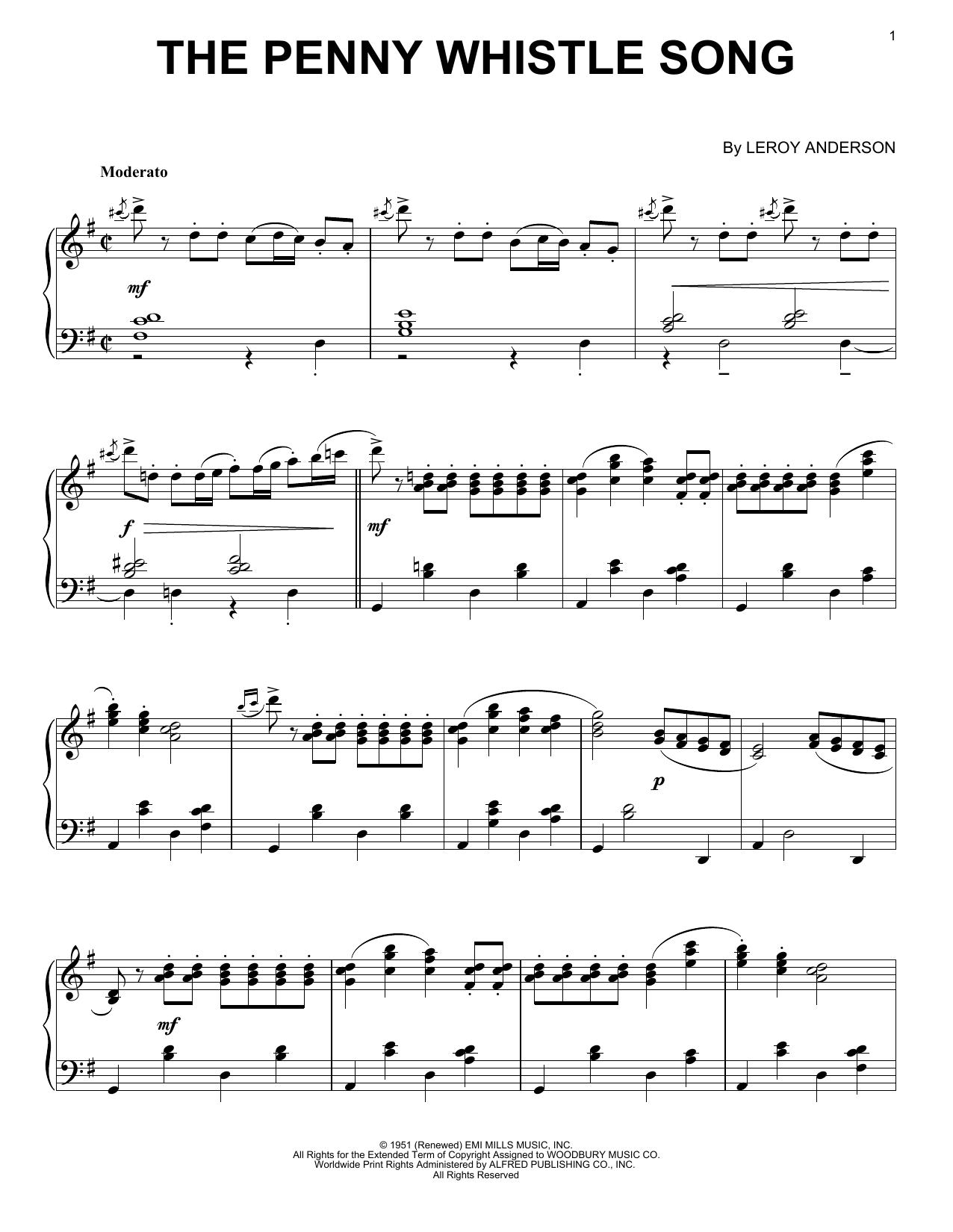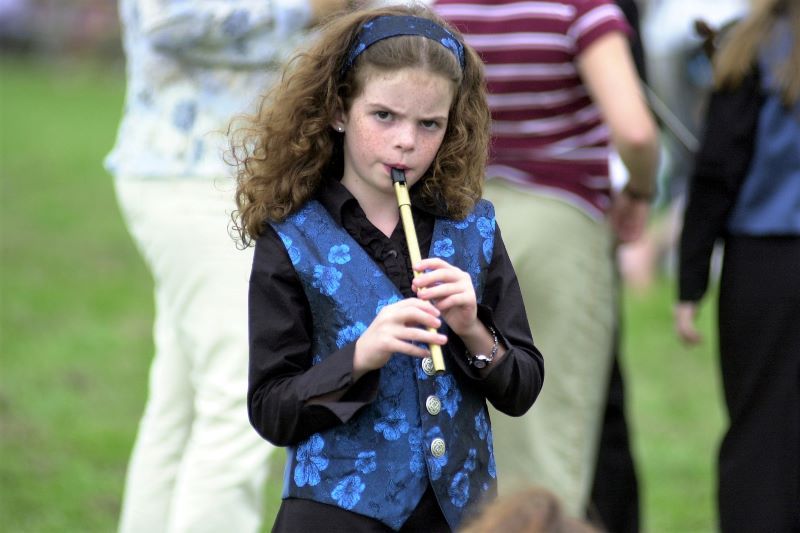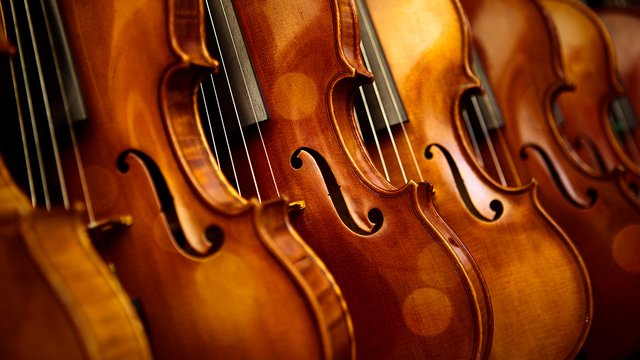Penny whistle is the instrument of choice for many performers in South African kwela music style, representing its affordable, lightweight and portable nature – it quickly becoming the symbol of this musical genre.
Irish traditional and Celtic music share many features with folk. Furthermore, this form is frequently transposed into different keys, so knowledge of scales and modes is also crucial for its performance.
The History
Penny whistle music has an illustrious past dating back to traditional Irish folk music; today however, its relevance can be found throughout different cultural contexts worldwide. While its roots lie with Irish culture, there have been exciting musical traditions surrounding its use globally.
There are various playing styles of the whistle, and it can often be used to produce ornamental cuts, strikes and rolls. Unlike most instruments, however, this one does not use legato techniques and should usually be played using legato techniques.
Irish music has long incorporated elements of jazzy grooves. Additionally, this can also be found in South African kwela music traditions with their skiffle-like beat and jazzy underpinnings.
Robert Clarke first developed the tin whistle in England in 1843. He began making these whistles from tin plate and sold them on London streets for one penny each.
The Sound
Penny whistles are an affordable melodic instrument and are one of the easiest instruments to learn on a budget. Easy to buy and transport, penny whistles have long been used as traditional Irish and Scottish music instruments.
The whistle is an end-blown, duct-flute aerophone which originated in 19th century Northern Europe and has become extremely popular worldwide due to its ease of playback and learning process.
Penny whistle music comes in all types and genres, from polkas and reels to Christmas carols and children’s songs. Additionally, penny whistle is a popular choice among street performers and folk singers worldwide – making it an enjoyable way to both practice your skills and meet new people!
The Styles
Penny whistles are one of the most ubiquitous instruments used in Irish and Celtic music, often found as melody instruments in multi-instrument arrangements. Due to its natural high tone, penny whistles have also proven popular choices among contemporary Celtic musicians.
Although traditionally diatonic instruments such as the penny whistle have only one key, many players now keep multiple keys of whistles on hand for use with chromatic passages. Half-holing (partially covering various holes) or cross-fingering (alternate fingerings) also provides further opportunities for creating rich harmonic textures.
Whistle players often employ an unconventional form of ornamentation and inflection that differs significantly from that used by orchestral woodwind players, by altering breath pressure to insert select notes between breaths into their reed. This technique is called whistle playing “inflection”.
Some musicians utilize mid-breath tongue notes for a sharp attack that punctuates runs of identical notes, often used to add interest when playing slower tunes as it provides its own distinctive sound and timbre.
The Techniques
The tin whistle, commonly referred to as an Irish or penny whistle, is a fipple flute traditionally associated with traditional Irish music and available in a range of materials such as brass, nickel, aluminium Delrin or polymer.
To play the whistle, it requires opening and closing six holes in its mouthpiece using your fingers, each of which possesses different range of notes that can be played.
As every note differs from its neighbor, mastery takes time. One effective strategy to ensure you can successfully master them all simultaneously is practicing them on both low and high octaves simultaneously.
Use various techniques to produce more chromatic sounds on the tin whistle, including “half-holing” or “cross-fingering,” both derived from Irish piping. You can add ornamentation by employing these methods on lower notes of your whistle.




